Pathology Microbiology And Immunology
-
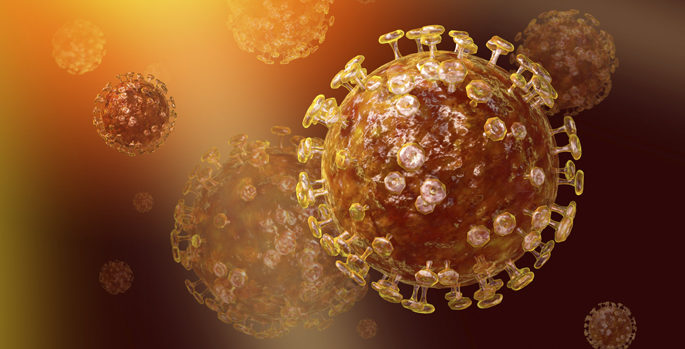
Team investigates antiviral that inhibits SARS, MERS
A new antiviral drug candidate inhibits a broad range of coronaviruses, including the SARS and MERS coronaviruses, a multi-institutional team of investigators reports this week in Science Translational Medicine. Read MoreJun 29, 2017
-

Flip side of gut protection
Vanderbilt investigators report that dysregulation of certain immune cells in the intestines may lead to inflammation and disease. Read MoreJun 9, 2017
-

Aronoff elected to microbiology academy
Infectious diseases specialist David Aronoff, M.D., recently became one of 73 new fellows of the American Academy of Microbiology, an honorific leadership group within the American Society of Microbiology. Read MoreApr 27, 2017
-
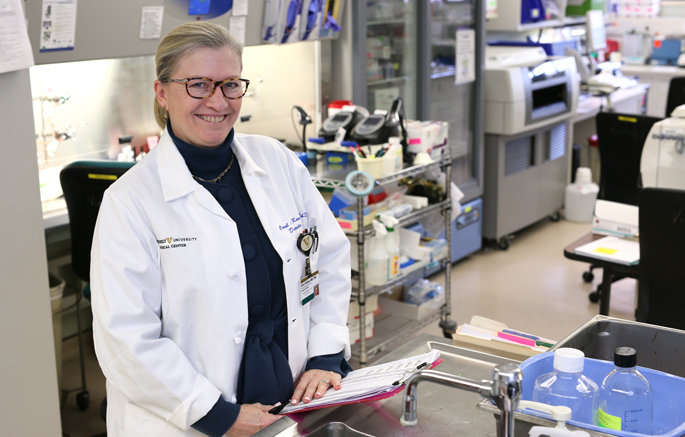
Pathologist Rauch relishes opportunities to help
Pathologist Carol Rauch, M.D., Ph.D., likes being prepared. Read MoreApr 13, 2017
-
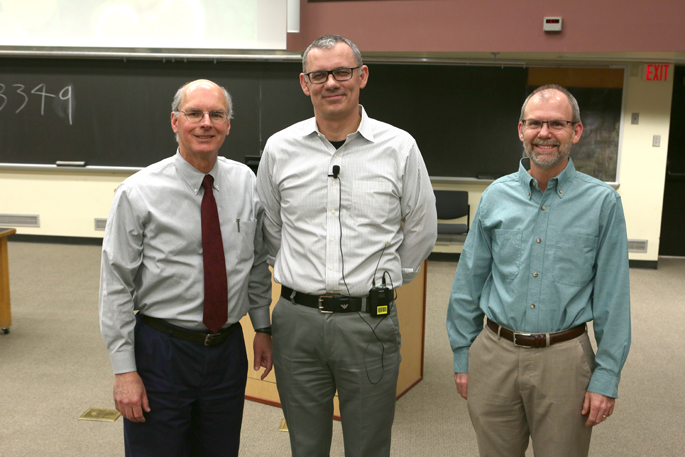
Discussing retroviruses
(photo by Anne Rayner) The Rockefeller University’s Paul Bieniasz, Ph.D., center, here with Vanderbilt’s Samuel Santoro, Ph.D., left, and Christopher Aiken, Ph.D., discussed his research on retroviruses at his recent Flexner Discovery Lecture, which was sponsored by the Department of Pathology, Microbiology and Immunology. Read MoreMar 16, 2017
-

Clinical investigation society lauds impact of Crowe’s research
James Crowe Jr., M.D., director of the Vanderbilt Vaccine Center, is the 2017 recipient of the Stanley J. Korsmeyer Award given by the American Society for Clinical Investigation (ASCI), one of the nation’s oldest and most respected honor societies for physician-scientists. Read MoreMar 2, 2017
-

Retroviruses expert Bieniasz set for next Discovery Lecture
Paul Bieniasz, Ph.D., a pioneer in the study of retroviruses, will deliver the next Flexner Discovery Lecture on Thursday, March 9. Read MoreMar 2, 2017
-

Crowe’s pediatric immune response research lauded
James Crowe Jr., M.D., director of the Vanderbilt Vaccine Center, is the 2017-2018 recipient of the Samuel Rosenthal Prize for Excellence in Academic Pediatrics. Read MoreFeb 23, 2017
-

Organ-on-a-chip mimics heart’s biomechanical properties
Scientists at Vanderbilt University have created a three-dimensional organ-on-a-chip that can mimic the heart’s amazing biomechanical properties in order to study cardiac disease, develop heart drugs. Read MoreFeb 22, 2017
-
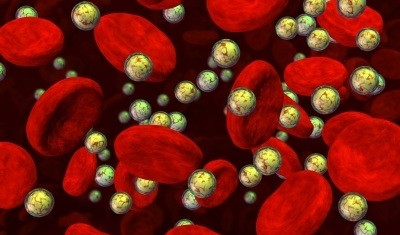
Pathology of septic shock
The signaling molecule IL-15 promotes septic shock, a life-threatening condition involving organ injury caused by infection. Read MoreFeb 8, 2017
-
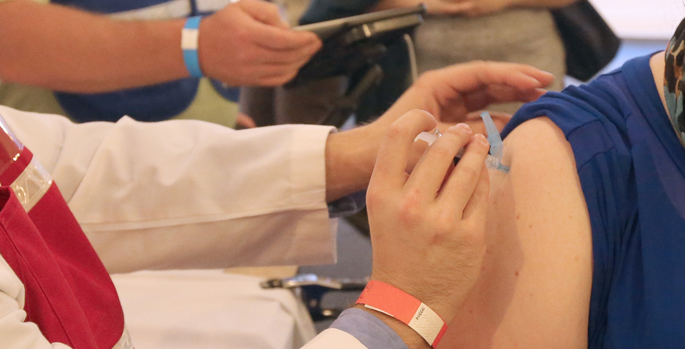
Flu vaccine response in older adults
High dose flu vaccine boosts the immune response in older adults by increasing activation of certain immune cells. Read MoreJan 25, 2017
-

Improving vaccine formulations
The compound MPLA is an attractive vaccine component, designed to elicit a robust immune response. Read MoreJan 20, 2017
-

Metastatic pancreatic cancer ‘reprograms’ for malignancy
Metastatic pancreatic cancer — cancer that has spread from the pancreas to other tissues and is responsible for most patient deaths — changes its metabolism and is “reprogrammed” for optimal malignancy, according to new findings reported Jan. 16 in Nature Genetics. Read MoreJan 19, 2017
-

Midgut neuroendocrine tumor prognosis
Vanderbilt investigators recommend that the presence of tumor deposits in the abdomen be included when staging midgut neuroendocrine tumors. Read MoreJan 6, 2017
-
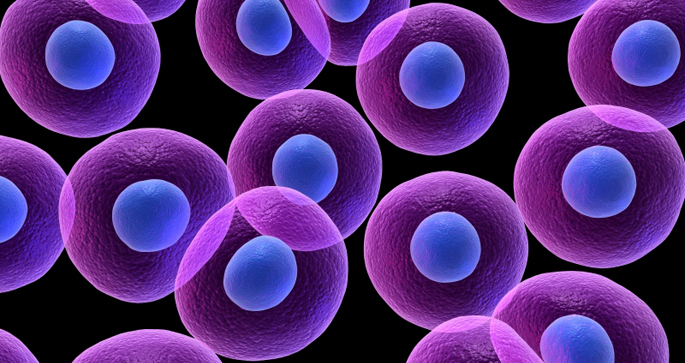
Single-cell analysis of solid tumors
A new method will make it possible to study solid tumors and healthy tissues using mass cytometry. Read MoreDec 12, 2016
-

Targeting the “un-targetable”
A novel drug that targets the protein RSK blocked aggressive breast cancers from metastasizing in an animal model. Read MoreNov 18, 2016
-

Sarcoidosis research, patient care focus of newly created center
Vanderbilt University Medical Center (VUMC) has established a Sarcoidosis Center of Excellence under the direction of Wonder Drake, M.D., associate professor of Medicine and Pathology, Microbiology and Immunology. Read MoreNov 17, 2016
-
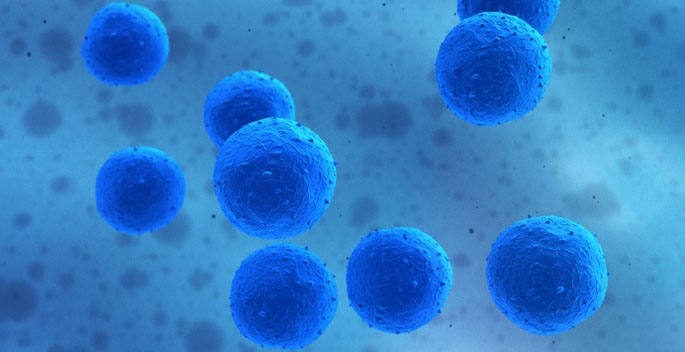
Stem cells promote tolerance
Blood-forming stem cells play a role in immune tolerance and acceptance of organ transplants, Vanderbilt researchers have discovered. Read MoreNov 17, 2016
-
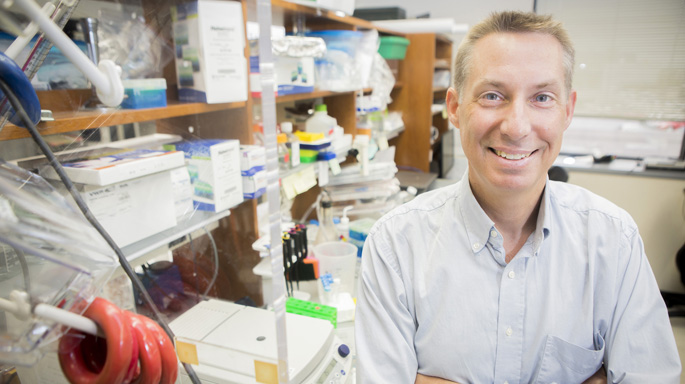
Links between immune cells and metabolism explored
At the intersection of immunology and metabolism is a burgeoning new field: immunometabolism. It’s an area where Vanderbilt has exceptional strengths, said Jeffrey Rathmell, Ph.D., Cornelius Vanderbilt Professor of Immunobiology. Read MoreNov 10, 2016
-
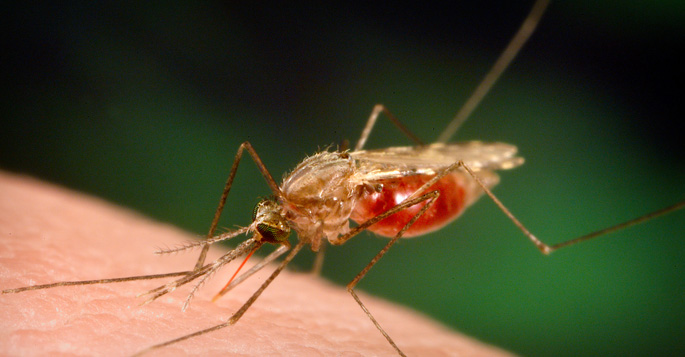
Early study finds antibody that ‘neutralizes’ Zika virus
Researchers at Vanderbilt University Medical Center and Washington University School of Medicine in St. Louis have isolated a human monoclonal antibody that in a mouse model “markedly reduced” infection by the Zika virus. Read MoreNov 7, 2016